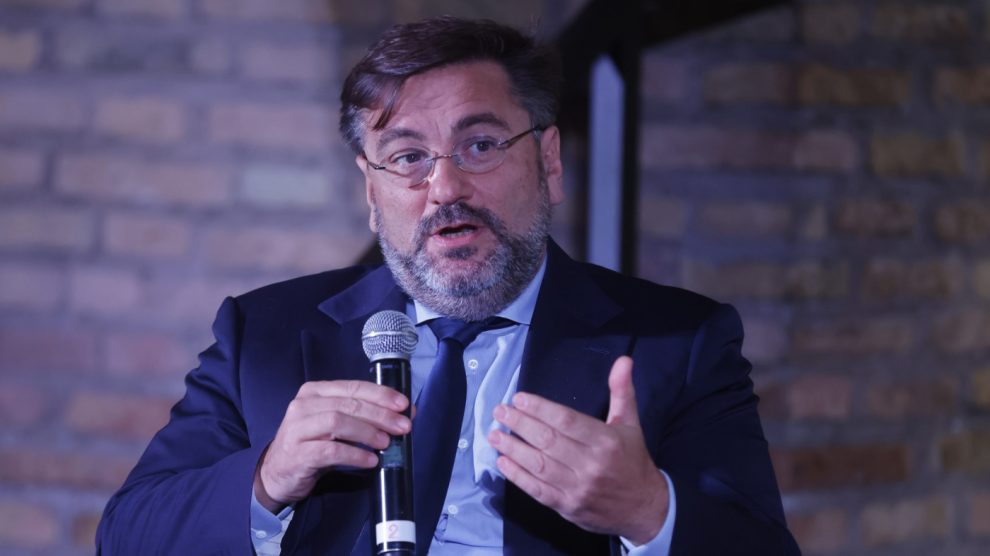Up and coming. Italy’s National Cybersecurity Agency is barely a year old, and its structure is still developing. But it’s already making a difference, as its creation is streamlining and expanding Italy’s cyber resilience.
- When the Russia-linked Killnet cybergang failed to breach crucial Italian servers in May, it ended up congratulating the Computer Security Incident Response Team through its Telegram channel, suggesting the government should raise the staff’s salaries.
No mean task. Still, Italy lagged behind comparable States for years – it ranked 18 over 27 in the EU’s latest Digital Economy and Society Index. And the NCA is facing the enormous task of completing and maintaining the National Cybersecurity Perimeter, which will defend the nation’s strategic assets and companies through active monitoring and fast-intervention teams.
- Cyberattacks, including ransomware attacks, are rising across the board. Italian entities were subjected to 1,572 attacks in the first six months of 2022, more than all the attacks in 2021.
- According to IMB’s latest cybersecurity report, the economic impact of cybercrime amounts to €3.4 billion per year – and the end customer shoulders 60% of the cost.
The Professor speaks. “Cybersecurity is not delegated. It’s part of a paradigm shift in our culture, and everyone […] must take the necessary precautions.” said the NCA’s Director, Professor Roberto Baldoni, at the Italian Tech Week event on Thursday. Noting that cyberattacks have grown more in Italy than elsewhere, he stressed the need to “increase our technological capacity, as a country and as Europe. We have been napping a bit too much on this.”
- The director oversaw the birth of the NCA in 2021 (we interviewed him to mark the occasion) and has since been working on expanding its reach.
- He helmed the NCA through the spike in Kremlin-linked aggressions, which have risen since Russia invaded Ukraine
- He also set up a “war room” to monitor and defend the Italian electoral process, successfully thwarting external threats, as he noted on Thursday.
Ramping up. What started as a handful of workers brought over from other branches of the institutions has now become a team of 130 technicians. The final aim is to reach three hundred by the end of 2023, as Professor Baldoni told us in August.
- Speaking at Italian Tech, he explained the NCA will host a graduate competition in October and will keep an eye out for “very young profiles in the cybersecurity field.”
- He also intends to increasingly rely on startups, issuing a call next month to map Italy’s budding companies with the aim of financially supporting “those we believe can help us defend the country.”





